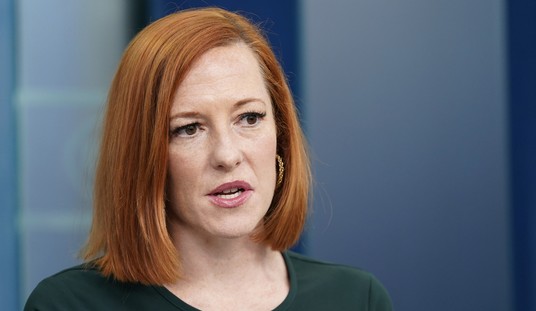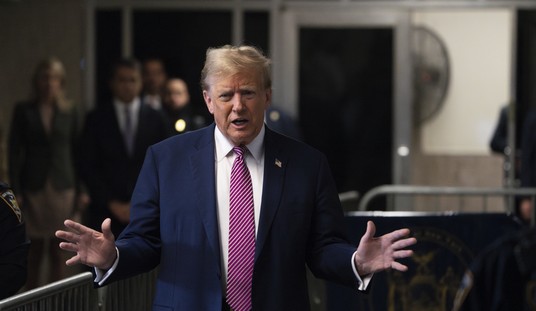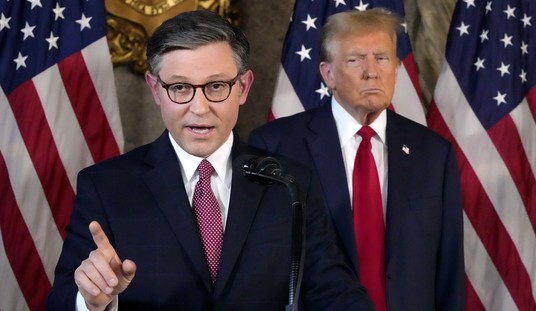Will the next version of the bailout bill be better or worse?
Democrats like James Clyburn would support the bill if it included bankruptcy provisions. This would gain Democratic support, but lose more Republican support, making it essential a bill the Democrats "own" (for better or worse). For this reason, despite the threats, my guess is that it is unlikely -- though not out of the question -- that the bill becomes more liberal.
Hopefully, the bill becomes more conservative. There are two quick and minimal (but important) changes that would dramatically improve the bill. They are to lift a cap on the FDIC’s guarantee on transaction accounts for banks -- and to include a repeal of market to market rules.
As today's Washington Post reports:
"Isaac, who runs a financial services consulting firm, argued that the proposed bailout package would do little to solve the financial crisis, which he said had been caused in part by the SEC's accounting rules. Under those rules, banks and other financial institutions are required to revalue their assets based on the price at which similar assets are currently selling, even if the banks have no intention of selling the assets they hold in the near future. This is called "marking to market," and Isaac asserted that the rule had unnecessarily forced banks to claim huge paper losses on mortgage-backed assets.
Even as the House debate began yesterday, about 90 lawmakers from both parties gathered in the Capitol basement for a briefing by Isaac. Republicans looking for a much cheaper alternative to giving Paulson the authority to purchase up to $700 billion in troubled assets leapt at the idea.
"This is an artificial crisis. This is a crisis of choice, not necessity," Issa said after the vote."
Yesterday's bill was dramatically better than the original Paulson plan -- but still flawed. With any luck, the House Republican's move yesterday to reject the bill will result in a much better bill we can be proud of.

























Join the conversation as a VIP Member